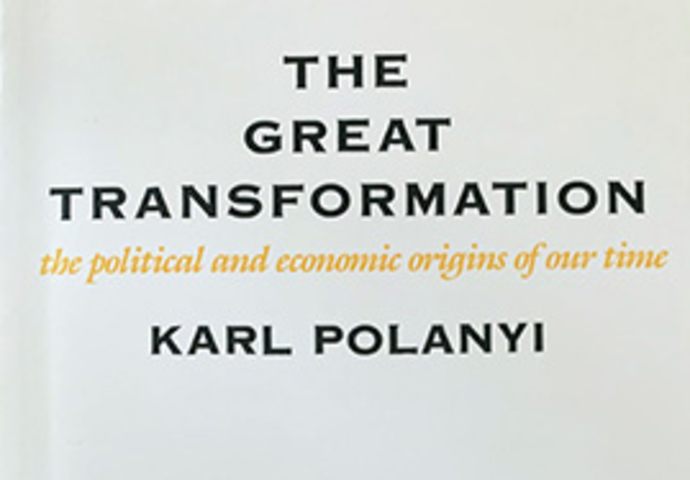
Resisting Exploitation and Market Fundamentalism
Michael Burawoy’s sociology is Marxian, Polanyian and so much more. This article reflects on his most impressive and inspiring work, culminating in his analysis of twenty-first century market capitalism. Michael and Karl Marx The breadth and persistence of Michael’s work are difficult to summarize in just a few words: one might get lost in a bundle of intriguing trajectories. No wonder he described his long-standing...








